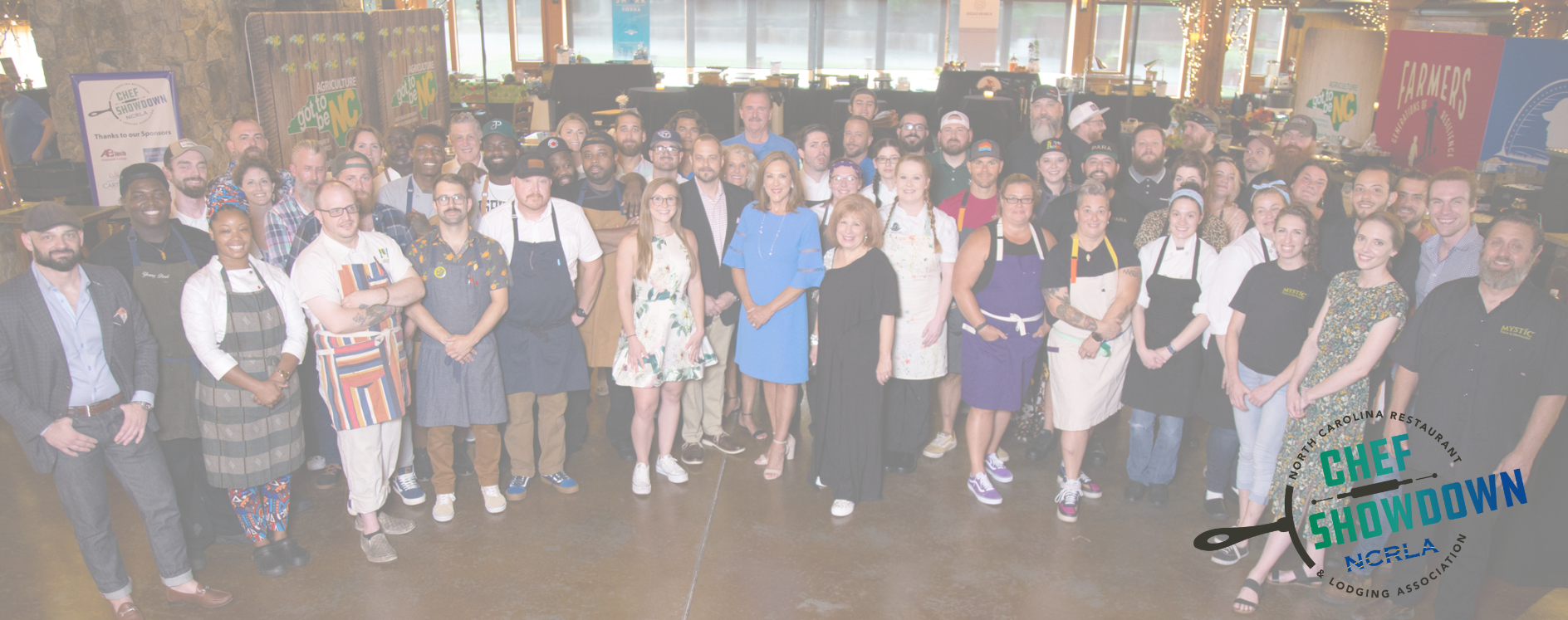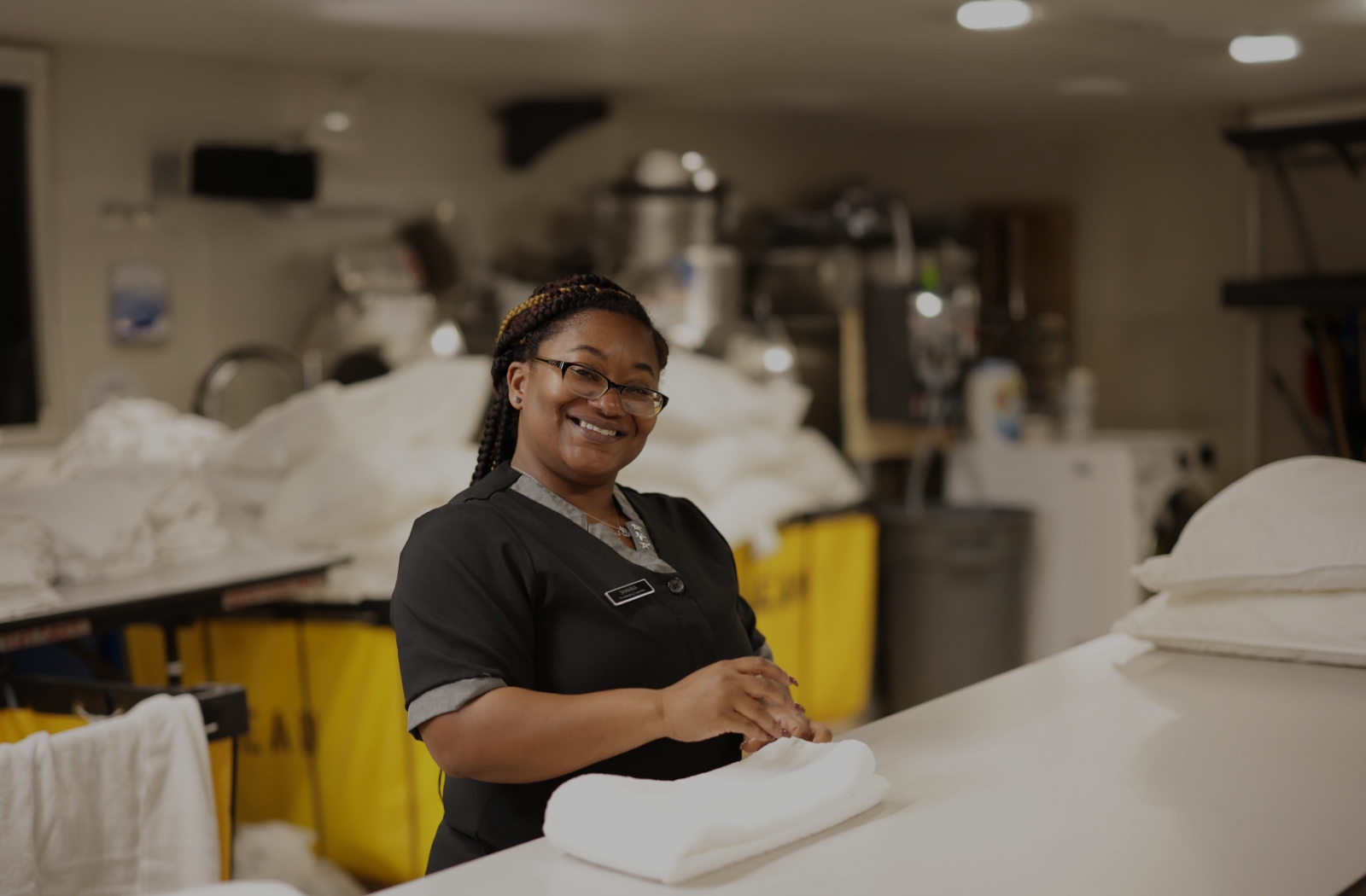Thinking Outside the Box To Recruit Talent
Some of your best employee prospects could be right in front of you. To find them, you just need to get outside your comfort zone.
When it comes to finding hospitality workers, many managers turn to social media. Posts about openings on Instagram, LinkedIn, or Indeed can reach hundreds or thousands of followers. And while digital platforms are one of the best ways to find and recruit talent, there are instances when thinking outside the box can be fruitful, too. Here are five innovative recruiting tactics from some of North Carolina’s most successful managers.
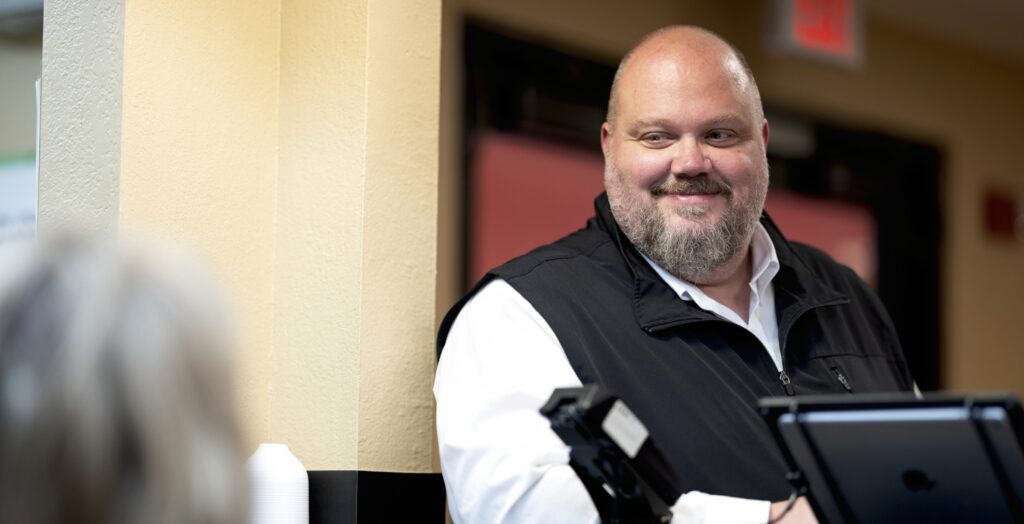
1. Find your own applicants.
When Jason Whitaker joined Extended Stay America as a general manager four years ago, he didn’t have any preconceived ideas about how things should be done. Until then, his career had been in nonprofits and retail. So, when he set about recruiting hotel staff, he didn’t wait for candidates to come to him. He went searching for them, mostly outside the industry.
“You’re going to find the right person where you’re not expecting to find them.”
He frequented shopping malls, movie theaters, and bus stops, approaching cleaning crews and housekeeping staff whenever he spotted cleaning supplies or uniforms. He even recruited while at the drive-thru window during his lunch break.
“A lot of times, you’re going to find the right person where you’re not expecting to find them,” he says.
He was so successful at recruiting, retaining, and advancing staff that he was promoted to regional manager. He’s now district manager of transitions for Extended Stay America.
Read more about his recruiting tactics here.
He provides shift meals for staff and access to on-site chiropractic services.

2. Once you’ve got them, make them want to stay.
Raleigh chef and owner Scott Crawford strives to create a healthy and sustainable working environment to attract and retain employees. Crawford, who owns Crawford & Son, Jolie, and Crawford Cookshop, plans to expand his hospitality group over the next year or so.
He establishes a professional environment that gives employees time off and recognition for their efforts. He uses a human resources group to ensure compliance and establish a staff structure and guidelines. He also provides shift meals for staff and access to on-site chiropractic services.
Read more about Crawford’s management philosophies and practices here.
“I’ll be working until they put me in the ground.”
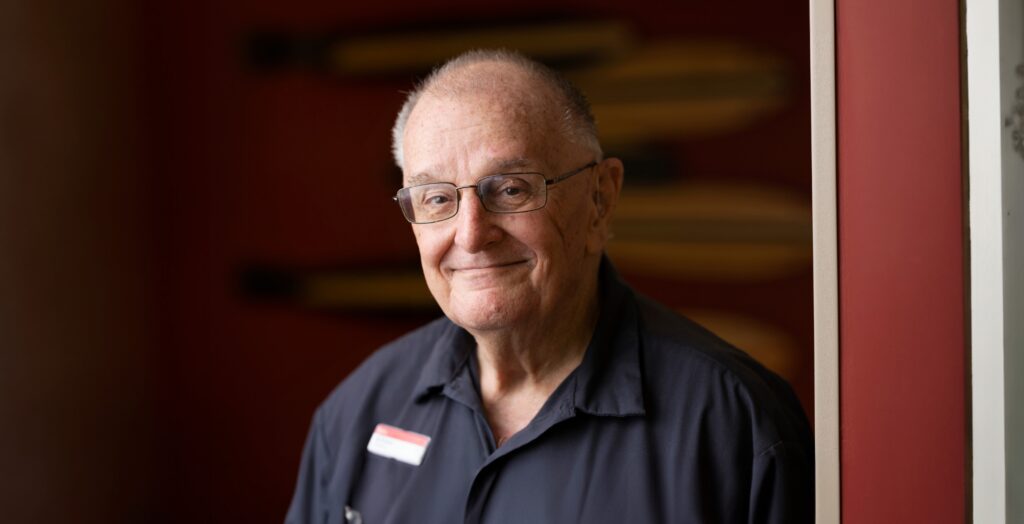
3. Seek retirees who are not ready to retire.
Charles Prince tried retiring twice. But he wasn’t suited for it. After retiring from DuPont, he worked at a couple of hotels in Wilmington as chief engineer and night security. He started working at TownePlace Suites in 2008 and then retired in 2013. Two years later, he returned as chief engineer and has remained ever since.
Many retirees returning to work, like Prince, choose the hospitality or travel industries for the perks and flexible schedules.
TownePlace Suites attracts regulars and long-term guests. Prince is popular with customers, and they often request him.
“I love fixing things,” says the lifelong tinkerer. “I get to meet a lot of people and make people happy.”
He’s given up the notion of retiring for now.
“I’ll be working until they put me in the ground,” he says.
Read more about Prince here.
“It’s like the ocean for me. It always calls you back. It’s addictive. It’s intoxicating, being a chef. I love it.”
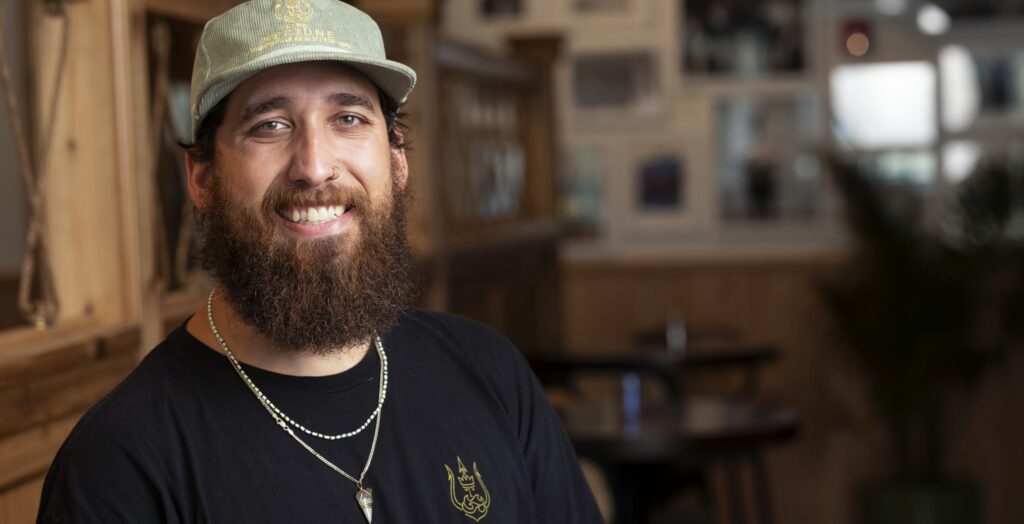
4. Invite your friends.
Nick Chavez, co-chef of King Neptune Restaurant in Wrightsville Beach, knows many chefs who left the industry during the COVID-19 pandemic. But he’s bringing them back.
“Some of my buddies that got out were like, ‘Man, I miss it.’ And I was like, ‘Well, just come work a day for me.’ Because it’s one of those things, culinary and the kitchen—you may get out, but it never leaves you. It’s one of those things, you miss it. You miss the rush. You miss the adrenaline.
“And as much as everyone says sometimes that they hate it and how stressful it is, it’s always calling you back. It’s like the ocean for me, you know what I mean? It always calls you back. It’s addictive. It’s intoxicating, being a chef. I love it.
“And I think a lot of people are like that. You see those people that got out and they just agree to maybe one day a week, and that turns into two and three, and now they’re back cooking.”
Read more about Chavez here.
“I just have to always give someone a chance. I just can’t not.”

5. Give second chances.
Asheville chef and Tastee Diner owner Steven Goff knows the value of second chances. He’s been homeless, been incarcerated, and struggled with addiction. But it was hospitality and his restaurant career that steered him through the rough times.
His experiences have made him a more empathetic manager. And if someone shows up at his doorstep needing a job, he’s probably going to give them one, regardless of their past or current situation.
“I just have to always give someone a chance. I just can’t not. You’ve got to be raising the reddest of flags for me to not give you at least one shot to come in there and do what you do,” he says.
Read more about Goff’s management here and second-chance opportunities and hospitality here. Find data about the impact of second-chance hiring from the U.S. Chamber of Commerce here.
